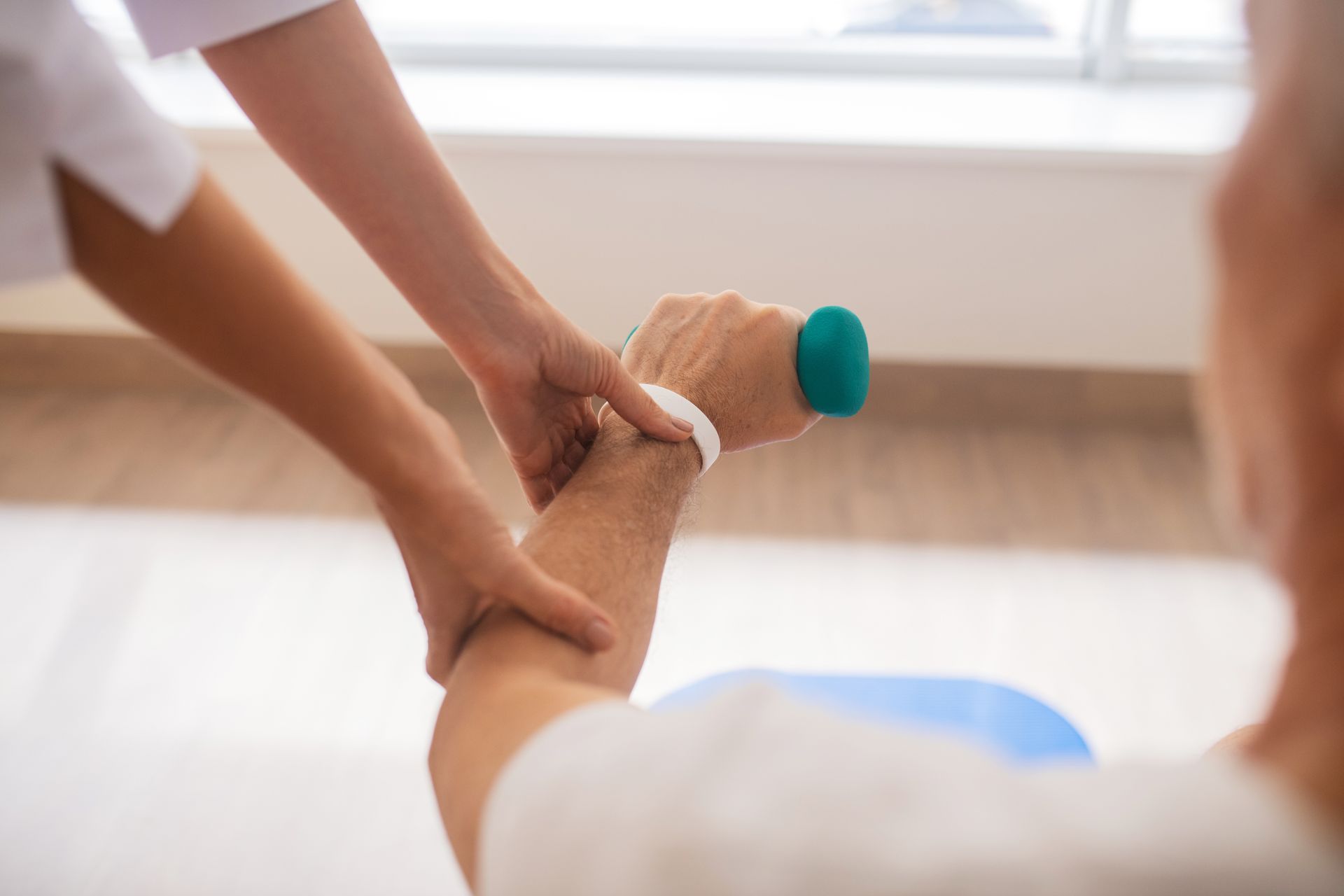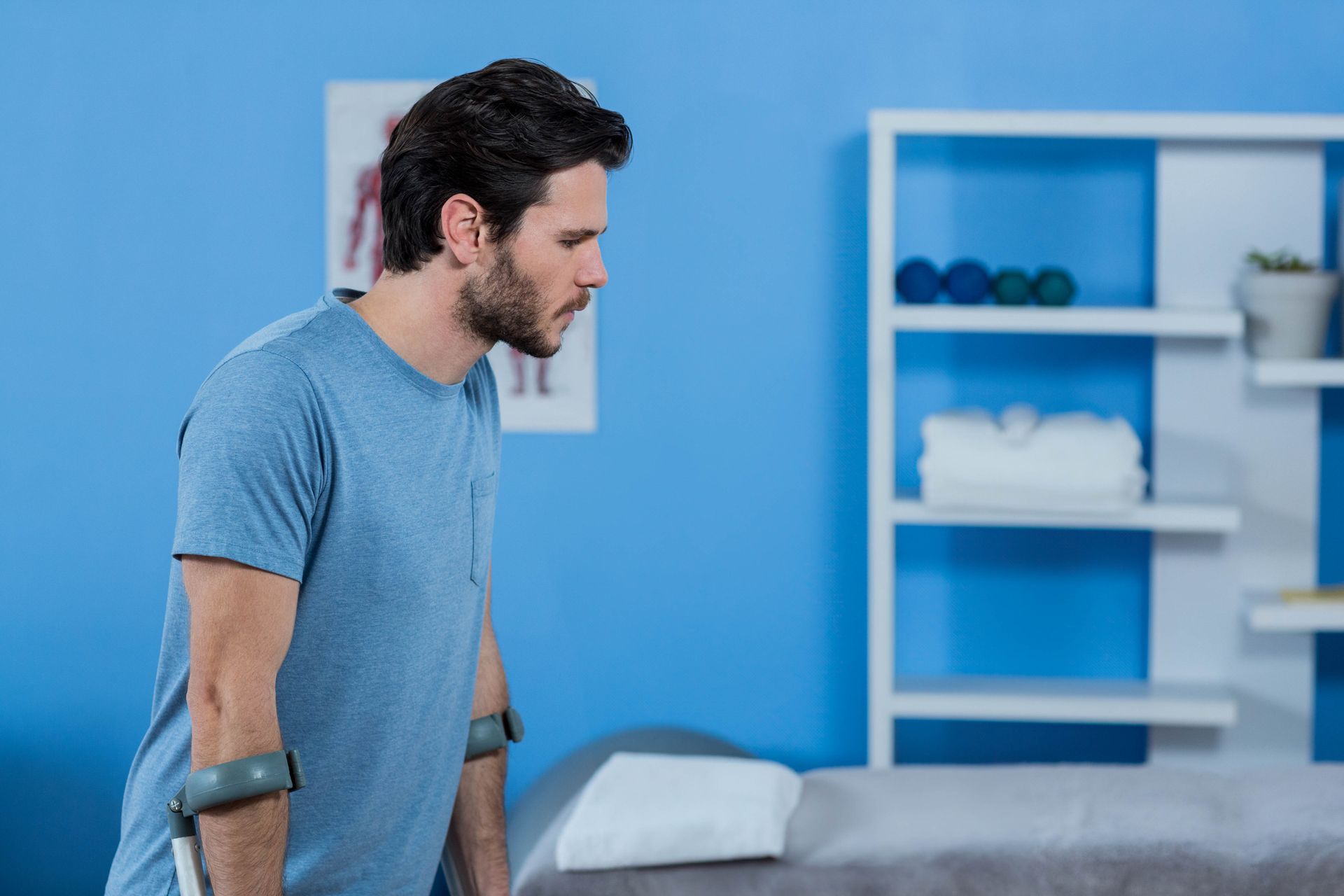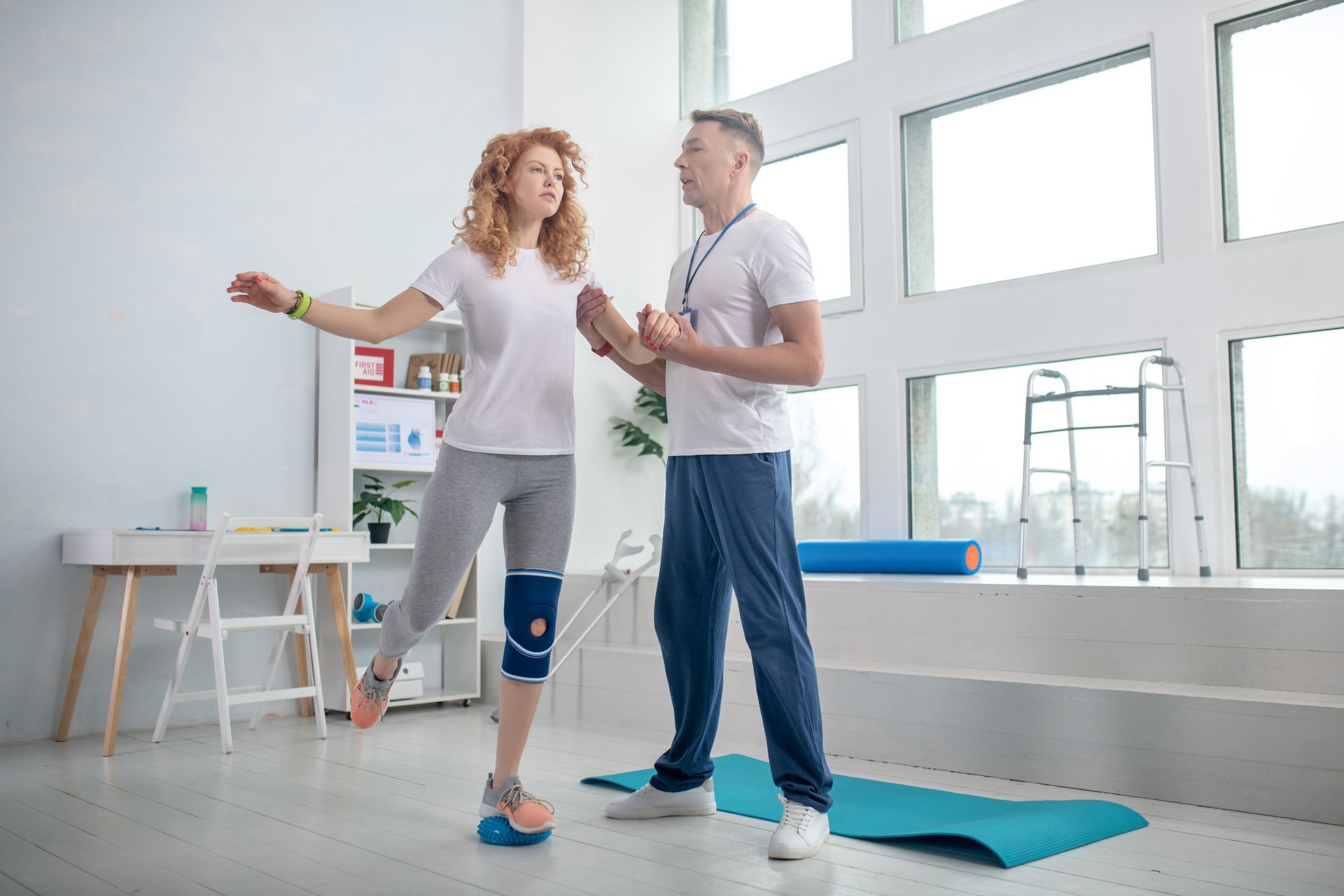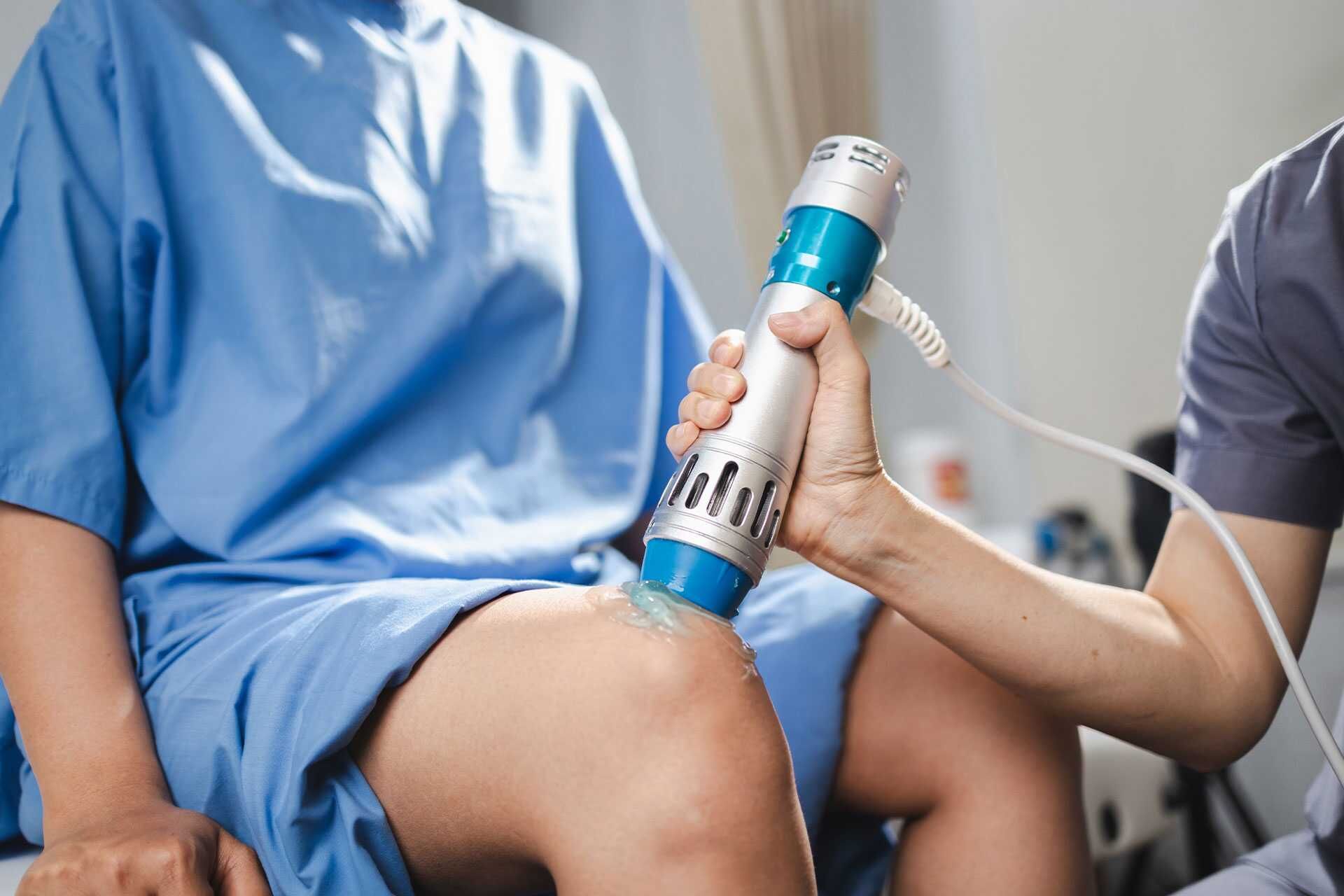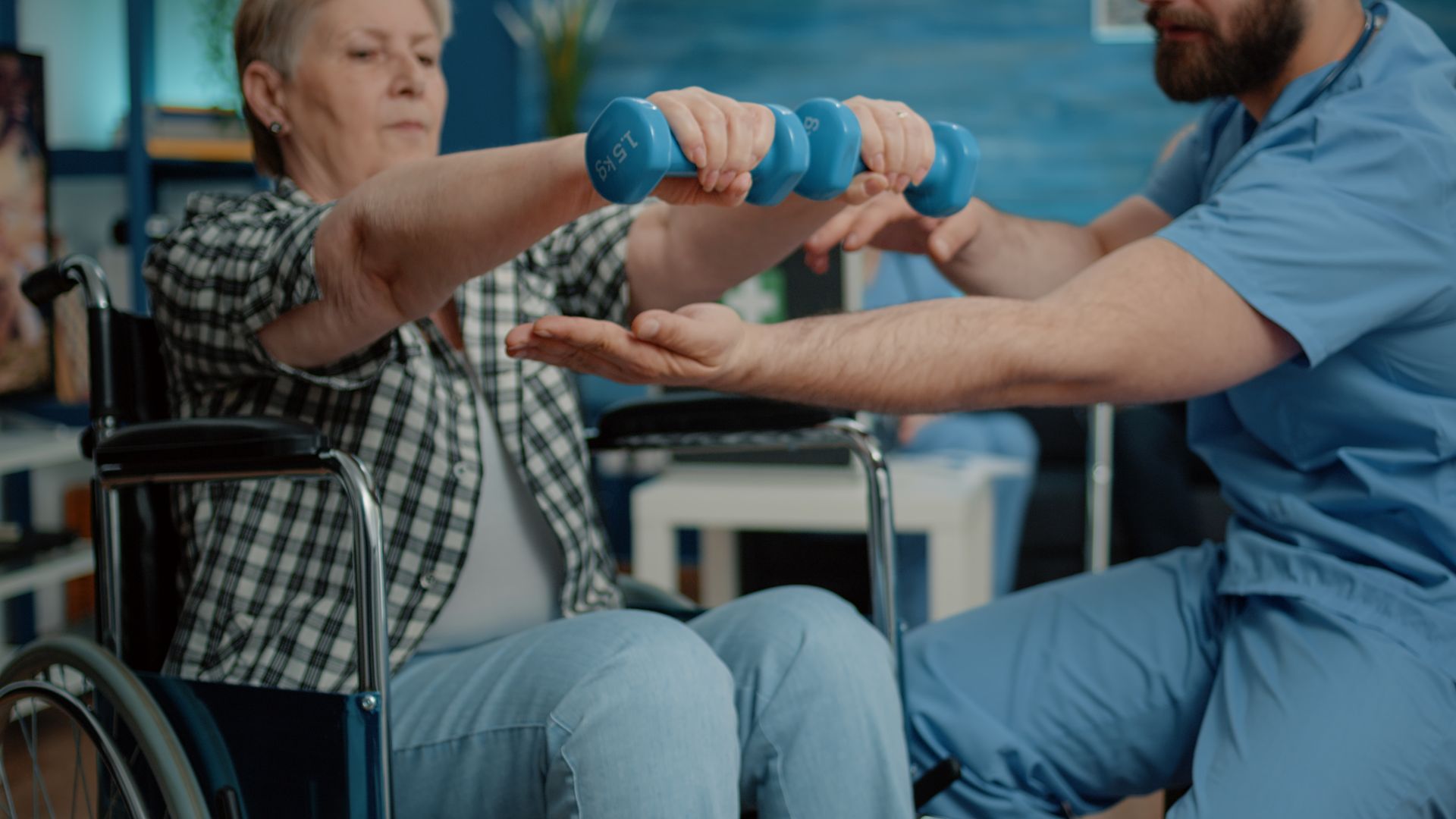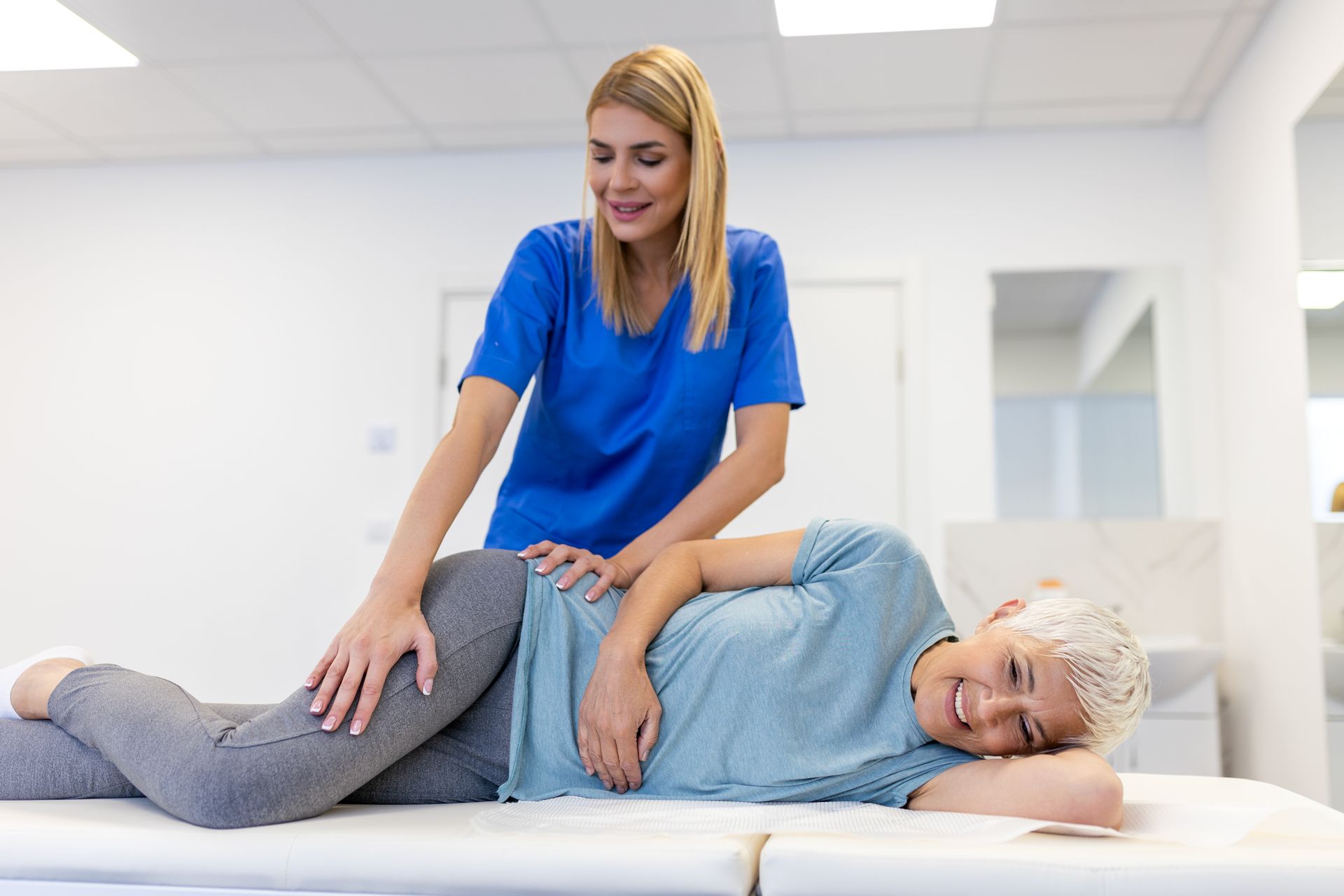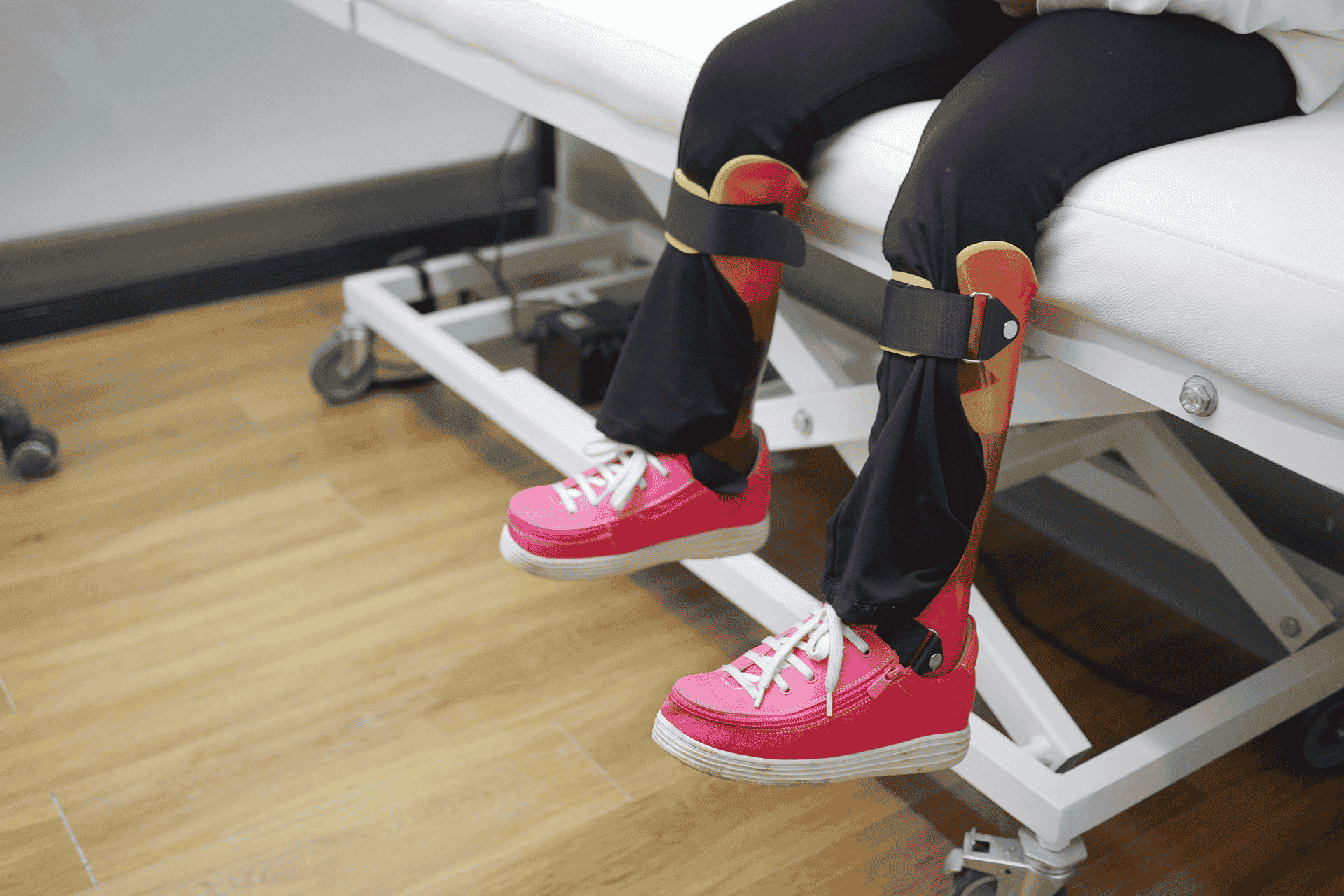Vestibular Rehabilitation: What it is and How it Can Help You
Vestibular Rehabilitation: What it is and How it Can Help You
If you’ve ever suffered from dizzy spells, the world spinning around you, or just a general imbalance while walking, you know how uncomfortable it is and how difficult it is to keep moving when this occurs.
In some people, vestibular impairment is an ongoing condition that makes daily life much more difficult. With vestibular rehabilitation, your symptoms can be improved (and even gotten rid of completely) through a combination of exercises, stretches, and posture improvement.
What is vestibular rehabilitation?
Vestibular rehabilitation is a treatment that focuses on specific exercises to help enhance your stability, posture, improve vertigo, and improve activities of daily living. If you’re experiencing dizzy spells, then you may be dealing with vertigo, which can be difficult to live with.
Vestibular rehabilitation works by performing specific exercises 2-3 times per day. Consistency is key with any
physiotherapy treatment, but this one in particular requires dedication. It’s also important to work through any symptoms that crop up while doing the exercise - this is actually a sign that you’re doing the exercise properly (because you’re stimulating the vestibular system). After time, symptoms should decrease.
Who can benefit from it?
Patients who have been diagnosed with vertigo, dizziness, imbalance, migraines, and more may have vertigo and can benefit from vestibular rehabilitation. Common symptoms that can be treated with vestibular rehabilitation are:
- Dizziness or blurred vision when you move your head
- Tightness, stiffness, or pain in your neck
- Frequent headaches or migraines
- Imbalances while walking
- General feelings of feeling dizzy, woozy, or even foggy
- Things around you spinning
Dizziness is often a result of problems within the inner ear, which has bones and muscles that help with balance. Vertigo can occur in anybody, but is more common in people older than 75.
In fact, dizziness can occur as a result of an inner ear disorder, a medication side effect, neck dysfunction, or even a more serious problem such as issues in the brain or heart.
Vertigo symptoms include:
- Lightheadedness
- Dizziness
- Feelings of unsteadiness/being “off-balance”
- Sensations of moving (even while seated or standing still)
- A feeling of the world around you ‘spinning’
- Wooziness
- Swaying
Being unbalanced can be a scary feeling and prevent you from doing everyday activities, also making it more difficult to get around because of feelings of dizziness and not being able to drive (or even walk in many cases).
What to expect during your appointment
During your physiotherapy appointment for vestibular rehabilitation, you can expect to go through a round of physical tests to see how your body responds to certain movements. This will help give your physiotherapist an idea of where your issues are occurring and, in turn, develop a plan of action.
There are different types of vestibular impairments (and they affect people differently), so assessment is an important first step in this process.
Once that has been figured out, your physiotherapist will draw up a customized treatment plan for you that involves different exercises to perform. These may include:
- Habituation exercises (used to treat dizziness symptoms due to head motion or visual stimuli)
- Gaze stabilization exercises (aim to improve visual acuity and steadiness while moving your head)
- Balance training exercises (these are an important part of any vestibular rehabilitation exercise program, helping to improve steadiness, making daily life easier)
Other treatment options that may be included in your program could include visual tracking, mobility exercises, stretching, core strengthening, and education on posture/ergonomics.
At Delta Physiotherapy & Rehab, we have the education and experience with vestibular rehabilitation to help you lead a better life. You shouldn’t have to suffer with vertigo or vertigo symptoms any longer, which is why we’re here to help.
Book an appointment online or call us at 905-270-3086 to come see us. We’ll assess you and create a customized treatment plan that will help you with stability and balance.

